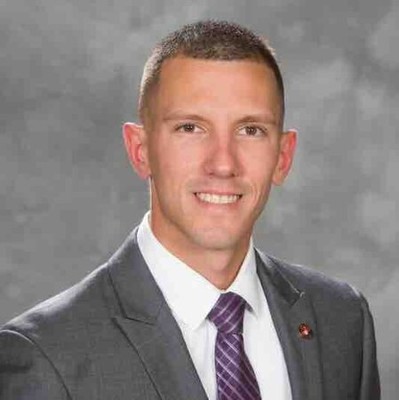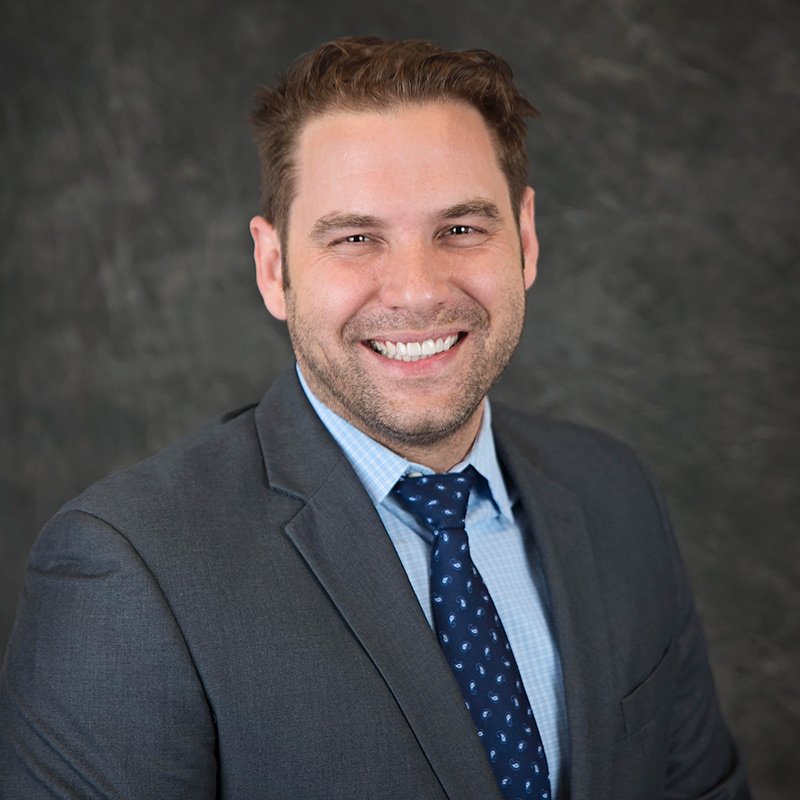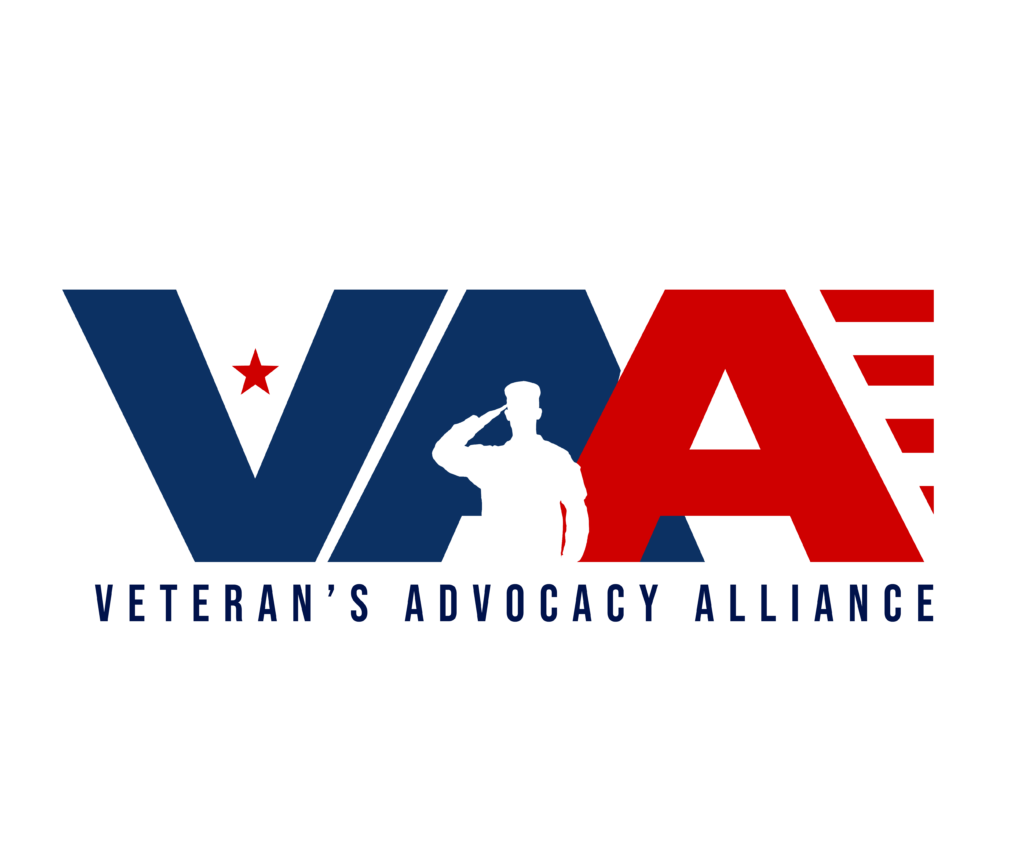Justice-involved veterans can be healed, and veterans can help to heal the justice-involved. That’s the animating principle of Veterans Advocacy Alliance.
There are nearly 107,000 incarcerated veterans in the United States. They are a particularly vulnerable population, with unique and pressing needs around job training, education, substance abuse, and PTSD.
When engaged as advocates for reform, veterans can also speak with unparalleled credibility on issues such as the effects of trauma, how trauma is a root cause of crime, and how to foster rehabilitation among the trauma-impacted persons.
Putting those two pieces together is the goal and vision of Veterans Advocacy Alliance.
VAA advocates for identifying best practices and scaling up new approaches to diverting justice-involved veterans, providing rehabilitative programming to address their unique characteristics and needs, and connecting them to critical legal and other resources.
But more importantly, VAA is an organizer and conduit for veterans’ advocacy for a less punitive, more rehabilitation-focused criminal justice system as a whole. Through its “cadres,” VAA harnesses the public-spiritedness and energy of veterans, using them as the tip of the spear of the idea that treating the trauma that underlies much crime should be a priority of the justice system, regardless of whether that trauma results from the battlefield, addiction, broken families, or a life on the streets.
Leadership

Jessica Rizer

Corey Quill

Marcus Bullock

Arthur Rizer

David Safavian
Advocacy
VAA engages and trains veterans themselves—those who are justice-involved as well as those who are not—to advocate directly to policy makers for increased diversion and treatment for veterans and other justice-involved persons.
VAA develops resources cards that contain information on all resources and makes them available to veterans who are involved in the criminal justice system, as well as public defenders’ offices, local judges, prosecutors, and other justice officials.
VAA sponsors high-quality research in on why interventions can foster a more compassionate response to veteran crime, increase public safety, and reduce recidivism, and best practices to be used in scaling up these interventions nationally. We seek a holistic understanding of other challenges veterans face—such as homelessness, employment, building social connections, finding transportation, treating mental and physical health issues, and navigating the VA.
VAA works to build a coalition of bipartisan and non-partisan criminal justice partners to raise awareness of veteran-centered criminal justice issues and to educate policymakers, thought leaders, and the public.
Policy
VAA works to enact changes to the criminal justice system to make it less punitive, more adept at encouraging rehabilitation and reducing recidivism, and focused on the role of trauma as a root cause of crime.
VAA works with policy makers, prosecutors, and courts to expand veterans courts and other diversionary models that keep veterans out of prison and free to pursue employment, job skills, education, and mental and physical health, and to collect robust data on the effectiveness of these interventions.
VAA works with state departments of correction and the VA to expand rehabilitative programming for veterans who are incarcerated, including veteran-specific programming on substance abuse, mental health, anger and violence prevention, and veteran dorms in prisons.
Veterans are unusually well-positioned to testify about the ways trauma can itself be criminogenic, and to advocate for sentencing and diversion reforms that center healing past trauma in order to prevent recidivism.

